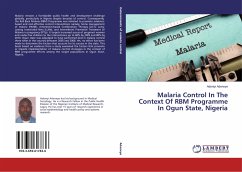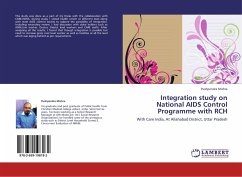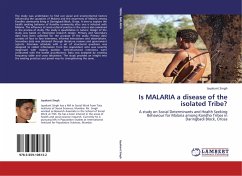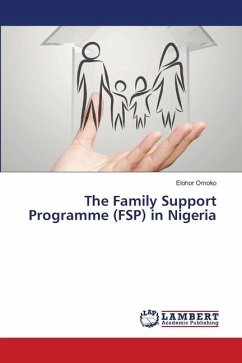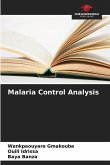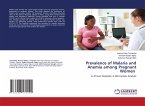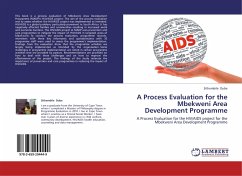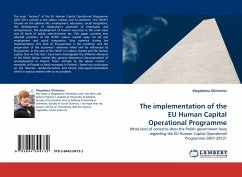Malaria remains a formidable public health and development challenge globally, particularly in Nigeria despite decades of control. Consequently, the Roll Back Malaria (RBM) Programme was initiated to promote evidence-based and cost-effective control interventions namely, home management of malaria (HMM), Artemisinin-based Combination Therapy (ACT), Long-Lasting Insecticidal Nets (LLINs), and Intermittent Preventive Treatment of Malaria in pregnancy (IPTp). It targets increased access of pregnant women and under-five children to the interventions up to 60% by 2005 and 80% by 2010. Ogun state was adjudged to have performed best in malaria control three times in the country between 2005 and 2008. Yet, no effort has been made to determine the factors that account for its success in the state. This book based on evidence from a study examined the factors that promote or impede implementation of malaria control strategies in the context of RBM programme efforts among the target populations in Ogun State, Nigeria.
Bitte wählen Sie Ihr Anliegen aus.
Rechnungen
Retourenschein anfordern
Bestellstatus
Storno

